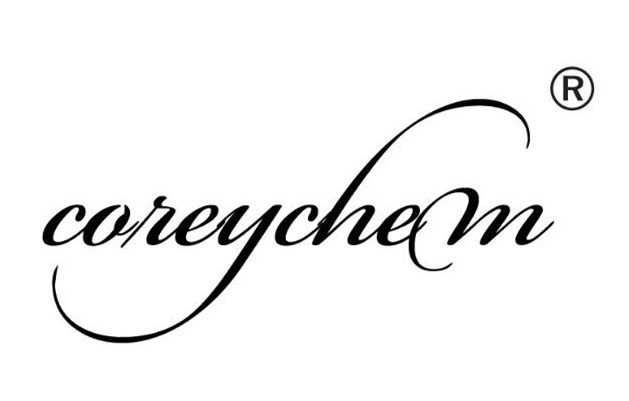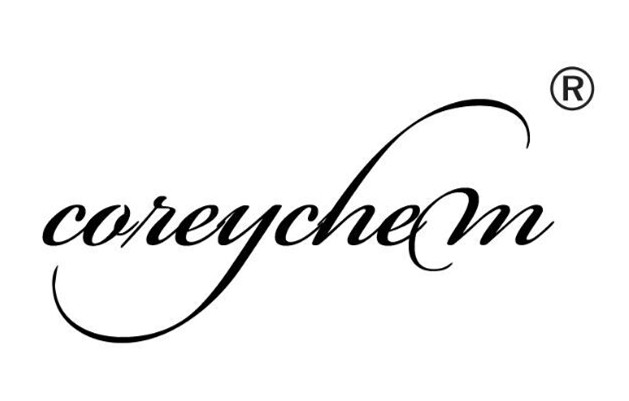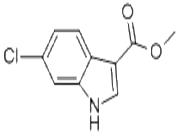Benzocaine hydrochloride
$ 1.00
/1KG
- Min. Order1KG
- Purity98%
- Cas No23239-88-5
- Supply Ability200kg
- Update time2019-09-02

career henan chemical co
VIP8Y
 China
China
Enterprise Verified
Business Bank account
Basic Contact Infomation
Business Address
Trade Company



Chemical Properties
| Product Name | Benzocaine hydrochloride |
| CAS No | 23239-88-5 |
| EC-No | |
| Min. Order | 1KG |
| Purity | 98% |
| Supply Ability | 200kg |
| Release date | 2019/09/02 |




